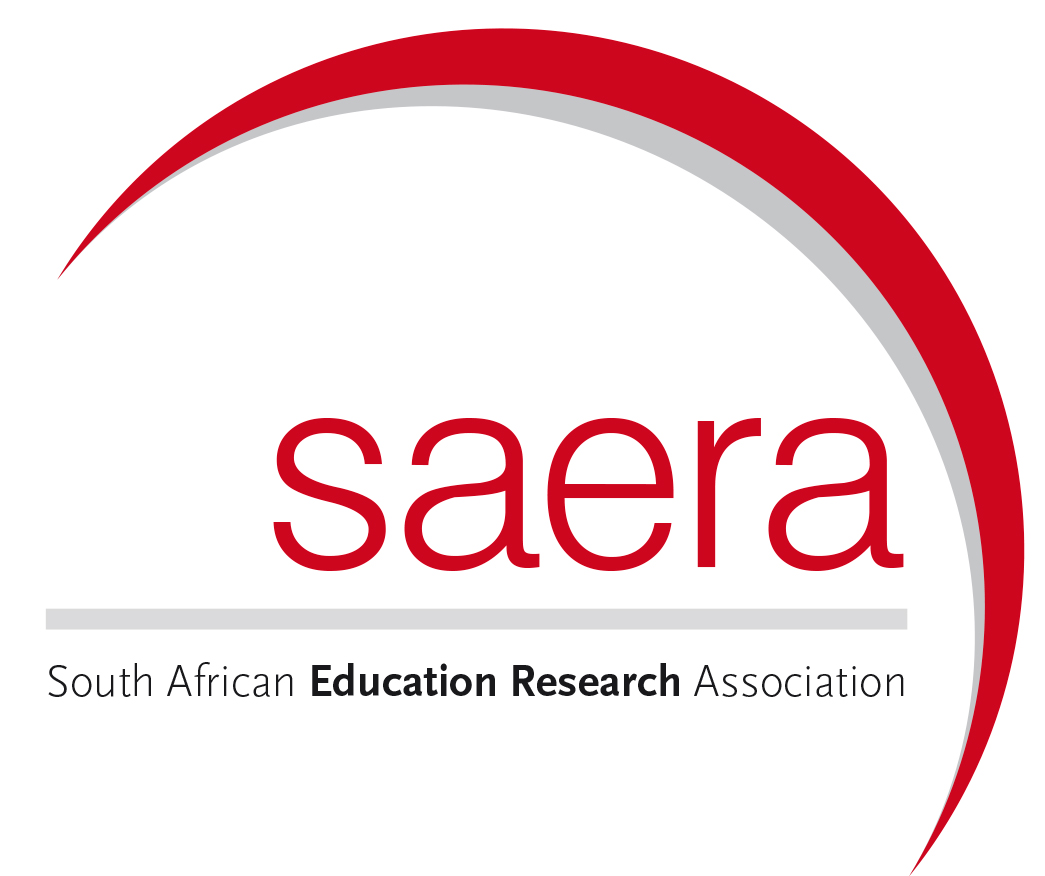Original Research
Students’ perception of tourism entrepreneurship: Composite-based structural equation modelling
Submitted: 25 August 2023 | Published: 06 June 2024
About the author(s)
Sibusiso D. Ntshangase, Department of Recreation and Tourism, Faculty of Humanities and Social Sciences, University of Zululand, KwaZulu-Natal, South AfricaIkechukwu O. Ezeuduji, Department of Recreation and Tourism, Faculty of Humanities and Social Sciences, University of Zululand, KwaZulu-Natal, South Africa
Musa A. Ayanwale, Department of Science and Technology Education, Faculty of Science, University of Johannesburg, Johannesburg, South Africa
Abstract
Research has confirmed that people’s attitudes towards starting their own business may be influenced by their education, age, gender and prior entrepreneurial experiences. To support the employability and economic success of tourism graduates, this study, conducted in the South African context, aimed to explore the predictors of tourism students’ interest and motivation towards starting their tourism-related businesses after graduation. A survey questionnaire was employed to gather information from 154 randomly selected tourism students at a comprehensive university in South Africa. The first phase of data analyses dealt with the assessment of the measurement model, while the second phase tested the structural model using the partial least square-structural equation modelling (PLS-SEM) method implemented on SmartPLS software. The results indicate that certain student profile characteristics (such as age, gender, completing entrepreneurship module, self-assurance and satisfaction level) had significant effects on entrepreneurial desirability and feasibility (DF), entrepreneurial attributes (EA) and entrepreneurship education (EE). Further, the results reveal that EE did not differ by age, EA did not vary by gender and DF was not influenced by tourism students’ self-assurance (SA). The study suggests that the institution under investigation uses appropriate experiential pedagogical approaches to provide tourism students with the ‘know-how’ and other necessary ‘hands-on skills’ to improve their capacity to launch new businesses.
Contribution: This article is important for higher education in general, particularly in sub-Saharan Africa, because it not only contributes to the literature on entrepreneurship but equally helps higher education institutions to integrate tourism entrepreneurship modules into their curricula.
Keywords
Sustainable Development Goal
Metrics
Total abstract views: 749Total article views: 764
